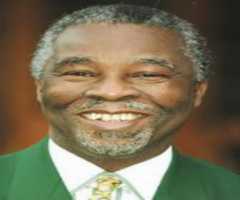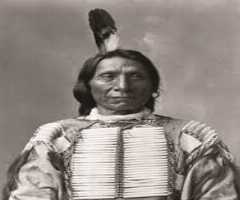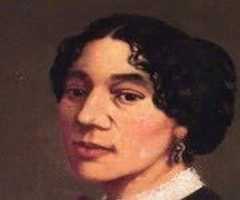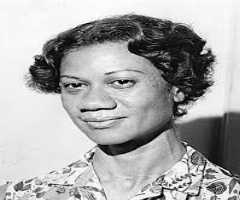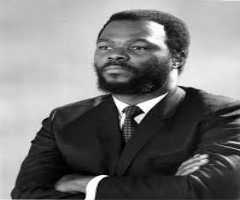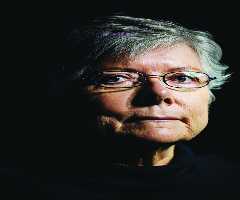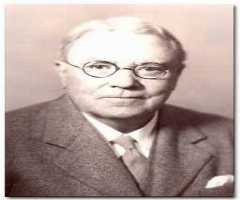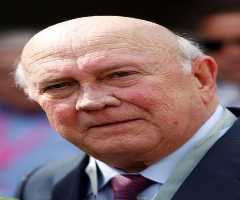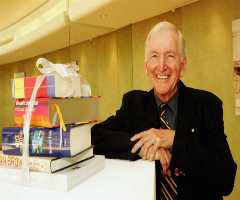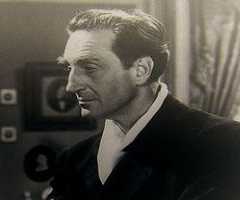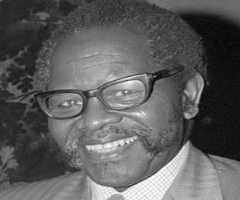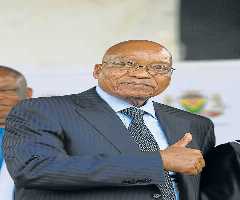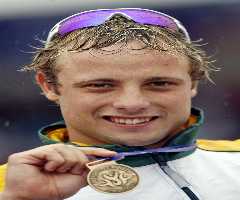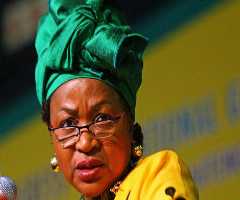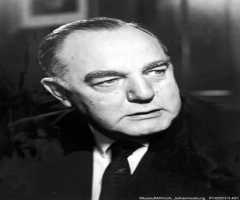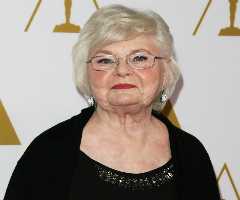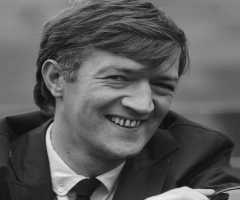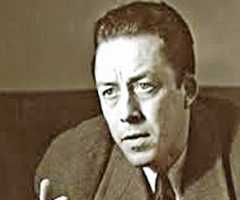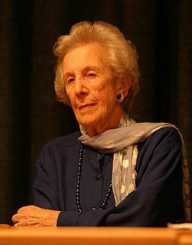
Also Known For : Civil Rights Activist, Government Official
Birth Place : Germiston, Gauteng, South Africa
Died On : January 1, 2009
Zodiac Sign : Scorpio
Helen Suzman Biography, Life, Interesting Facts
Childhood and Early Life
South African politician Helen Suzman was born Helen Govronsky in Germiston, South Africa on the 7 November 1917. Her parents Frieda and Samuel Gavronsky were Luthianian Jews who had immigrated from Eastern Europe. Her family was financially prosperous, and she was privately educated. Suzman’s mother died when she was two weeks old; her father remarried when she was ten.
Education
After matriculating from Parktown Convent (1933), Helen Suzman enrolled at the University of Witwatersrand in Johannesburg. She dropped out of university to get married in 1937 but returned to her studies and eventually obtained a commerce degree majoring in Economic and Economic history.
Rise to Fame
Helen Suzman worked as a statistician for the War Supplies Board (1941-1944) until 1944 when she joined the University of Witwatersrand as a lecturer in Economic History (1944-1952).
The National Party was elected in 1948, and Suzman then became actively involved in politics. She had become aware of the Fagan Commission on laws which restricted the mobility of black South Africans and realised how the injustices were causing severe problems for those affected.
Political Career
In 1953, Helen Suzman, representing the United Party in the upmarket constituency of Houghton in Johannesburg, won a seat in the Parliament of South Africa. Then in 1959, she left the United Party, along with eleven other members from the left-wing of the United Party, and formed the Progressive Party. In 1961, at the general election, Suzman was the only member of the Progressive Party to retain her seat.
For 13 years, Helen Suzman was the only member of the Progressive Party as she continually spoke out and criticised the ruling National Party’s apartheid policies. In 1974, six Progressive Party members were voted in, and the party name was changed to the Progressive Federal Party. Suzman, as a member of parliament, had the right to visit prisons and she used that privilege to visit Robben Island where Nelson Mandela and other political prisoners were incarcerated.
Helen Suzman continued to be an outspoken politician; issues she addressed included the banning of the Communist Party, capital punishment, infringements and restrictions on individuals and organisations and other issues. She also spoke out on behalf of women and gender discrimination in the country.
Later Years
Helen Suzman held her seat for 36 years. She retired as a member of parliament in 1989. Upon her retirement, Nelson Mandela wrote her a letter from Victor Verster Prison, acknowledging her courage and commitment to human rights, equality and a non-racial democracy in South Africa. In later years, she was president of the South African Institue of Race Relations (1991-1993) and was on the Independent Electoral Commission in 1994 when the country’s first democratic elections took place. She also served on the Human Rights Commission.
Awards and Achievements
Helen Suzman was awarded many honorary doctorates including ones from Harvard University, the University of Cambridge and the University of Oxford. She was awarded the United Nations Human Rights Award (1978) and was twice nominated for the Nobel Peace Prize.
Personal Life
In 1936, Helen Suzman married Moses Suzman, a physician. They remained married until his death in 1994. The couple had two daughters. Frances (b.1939) and Patricia (b.1943). Suzman published a memoir, In No Uncertain Terms in 1993. Helen Suzman died on the 1 January 2009, aged 91.
